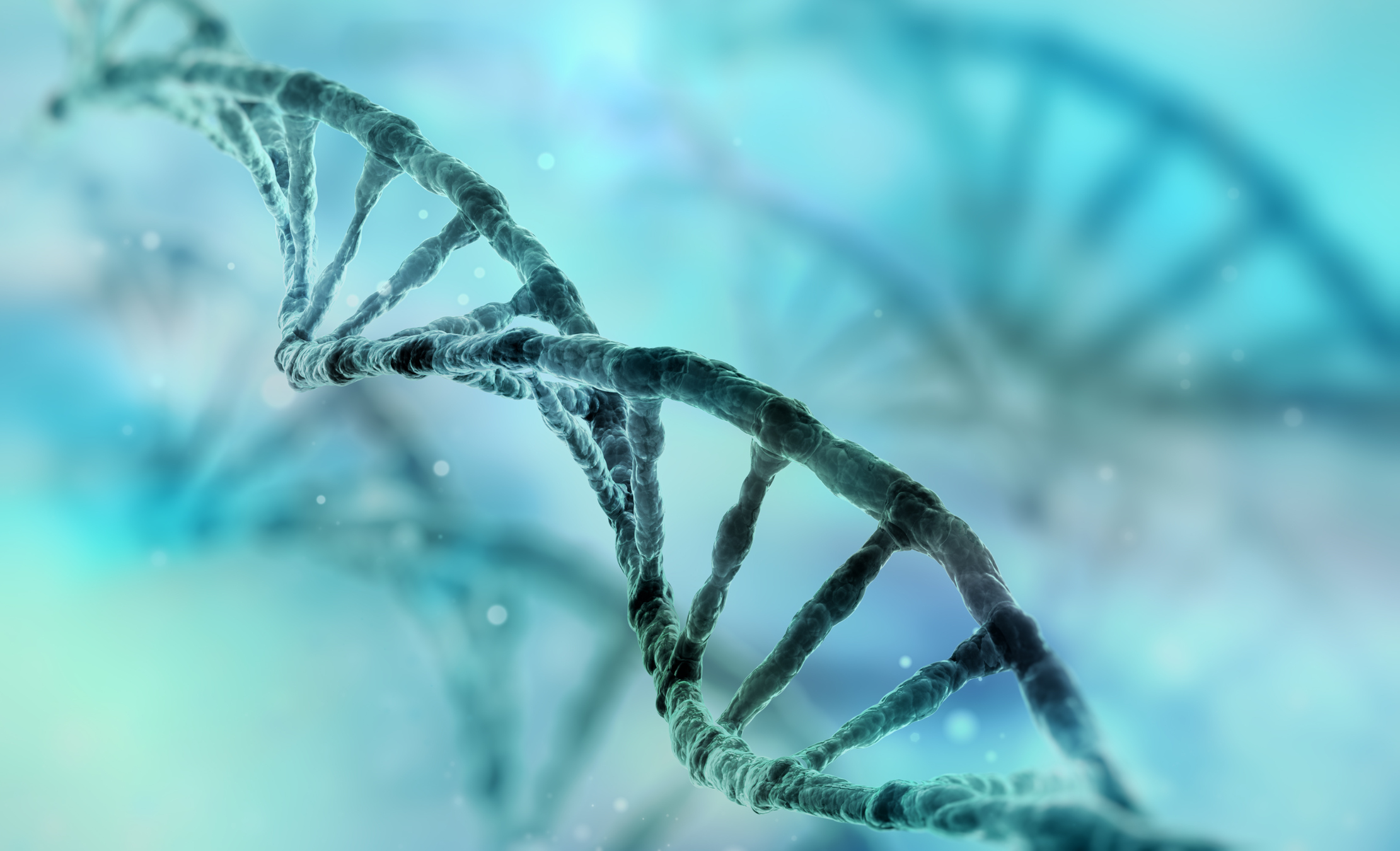-

ISGMH Awarded $13.7 Million to Study HIV, Relationships and Substance Use in Sexual and Gender Minorities
Northwestern’s Institute for Sexual and Gender Minority Health and Wellbeing was recently awarded a $13.7 million, five-year grant from the National Institute on Drug Abuse to advance and expand its innovative RADAR research program on HIV, relationships, and substance use among young men who have sex with men, transgender women, and nonbinary individuals assigned male…
-

Compound Influences Age-Related Decline in Circadian Rhythms
Supplementing lab animal diets with a chemical precursor of the molecule NAD+ countered certain age-related declines in circadian rhythm function, according to a recent study.
-

Celebrating the MD Class of 2020
Feinberg celebrated the MD Class of 2020 at the school’s 161st commencement ceremony, which was held virtually this year through Zoom on May 18.
-

Modeling COVID-19 Transmission and Containment Efforts
Jaline Gerardin, PhD, assistant professor of Preventive Medicine in the Division of Epidemiology, discussed how data modeling has helped evaluate COVID-19 transmission rates and containment efforts in Illinois during a recent IPHAM webinar.
-

D’Aquila Named Director of NUCATS
Richard D’Aquila, MD, the Howard Taylor Ricketts, MD, Professor of Medicine, has been named director of the Northwestern University Clinical and Translational Sciences (NUCATS) Institute, and senior associate dean for clinical and translational research.
-

Determining Aspirin’s Benefit for Cardiovascular Disease Prevention
Coronary artery calcium levels may help clinicians better identify patients with a higher risk of atherosclerotic cardiovascular disease who will benefit from taking aspirin to prevent a heart attack.
-

Muscle Synergy Helps Maintain Joint Balance
The nervous system groups sets of muscles producing opposing forces on joints, firing the muscles simultaneously to ensure joints aren’t stressed or injured by unbalanced forces, according to a recent study.
-

Origin of Cancer Cells Influences Skin Cancer Prognosis
A new Northwestern Medicine study found important differences in rare skin lymphomas stemming from their specific cell of origin and clinical presentations, according to findings published in Nature Communications.
-

New Function for Transcriptional Regulator Discovered
A new Northwestern Medicine study discovered a new and unexpected function for the transcriptional regulator MLL2/COMPASS.
-

Zee Receives Sleep Research Society’s Distinguished Scientist Award
Phyllis Zee, MD, PhD, GME ’87, the Benjamin and Virginia T. Boshes Professor of Neurology, has been awarded the Sleep Research Society’s 2020 Distinguished Scientist Award for her significant contributions to sleep and circadian research.
-

Transitioning to Virtual Medical Curriculum in Response to COVID-19
In response to the COVID-19 pandemic and the state of Illinois’ stay-at-home order, Feinberg transformed nearly its entire medical school curriculum to be delivered online. Online learning efforts include virtual simulation courses, telehealth visits, virtual standardized patient exams and online team-based active learning activities.
-

Northwestern Team Develops New Antibody Test for COVID-19
Northwestern University scientists have developed a new method for testing for SARS-CoV-2 (the virus that causes COVID-19) antibodies, requiring only a single drop of blood collected from a simple finger prick.
-

Memory-Related Signaling May Influence Anxiety and Substance Misuse
Neural signaling that encodes certain memories as negative could impact anxiety and substance misuse disorders, according to a recent study.
-

High Blood Pressure Associated with Cognitive Decline in African American Patients
Higher cumulative blood pressure among African-American patients is a major contributor to their higher risk of dementia, according to a new study.
-

MSTP Student Explores Mechanisms of Sex Differences in Alzheimer’s Disease
Sky Dominguez, a second-year student in the Medical Scientist Training Program, is currently studying the biological mechanisms underlying a sex difference in Alzheimer’s disease, as approximately two-thirds of those with the disease are women.
-

New Center for Arrhythmia Research Launches
In the newly formed Center for Arrhythmia Research, teams of interdisciplinary clinicians and scientists will work together to discover both the underlying molecular causes of arrhythmias and new standards of care for their treatment.
-

First Wearable Device Continuously Tracks COVID-19 Symptoms
Investigators at Northwestern University and Shirley Ryan AbilityLab in Chicago have developed a novel wearable device and are creating a set of data algorithms specifically tailored to catch early signs and symptoms associated with COVID-19.
-

Stupp Honored for Contributions to Nanoscience
Samuel Stupp, PhD, was awarded the 2020 Nanoscience Prize from the International Society for Nanoscale Science, Computation and Engineering.
-

First Trial Shows Benefit for Genomically Targeted Prostate Cancer Treatment
For the first time, advanced prostate cancer has been treated based on the genomic makeup of the cancer, delaying disease progression for patients with a treatment-resistant form of prostate cancer.
-

‘Caution Fatigue’ Could Dent Efforts to Stay Safe
Northwestern Medicine experts discuss the phenomenon of “caution fatigue,” where people may find it difficult to stay on high-risk alert after weeks of social distancing and isolation to stop the spread of COVID-19.






